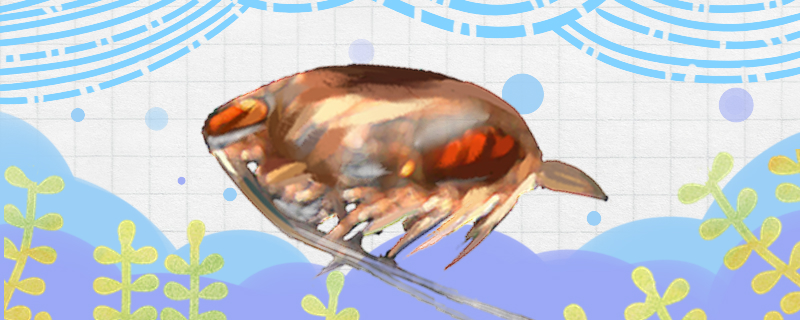
of water fleas on water quality? Too many water fleas indicate that the water quality is in eutrophication. Although there will be no problems in the short term, there are still certain risks. First, a large amount of organic matter decomposes to produce ammonia nitrogen, which can lead to fish poisoning. Even if ammonia nitrogen can be converted into nitrate by nitrifying bacteria, it will cause the water body to be acidic, which is not conducive to the survival of fish. Moreover, it will increase the risk of algae explosion.
the eutrophication of the water body 1. Change the water in time: For the eutrophication of the water body, the first thing to do is to change the water. The new water will not contain a large amount of organic matter, so that it can be diluted. Usually the water can not be changed too frequently, once a week, each time can not be changed more, it is best to maintain about one fifth.
2. Reduce feeding: The eutrophication of the water body is mainly due to the high content of organic matter in the water, which may be residual bait or fish feces, but in the final analysis, it is due to excessive feeding. Therefore, it is necessary to control feeding at ordinary times, reduce the amount of food appropriately, and regularly clean up the dirt at the bottom of the water. And
3, biological treatment: good treatment effect can also be achieved by planting aquatic plants in the fish tank. Aquatic plants can absorb ammonia nitrogen after decomposition of organic matter and nitrate after transformation, thus playing a role in purifying water quality, and with aquatic plants, it can also avoid large-scale algae reproduction.